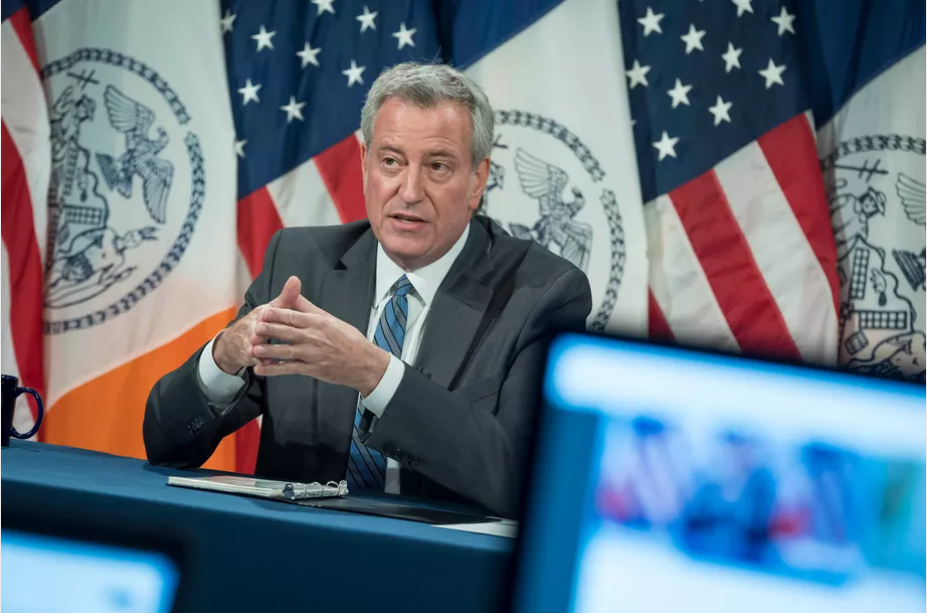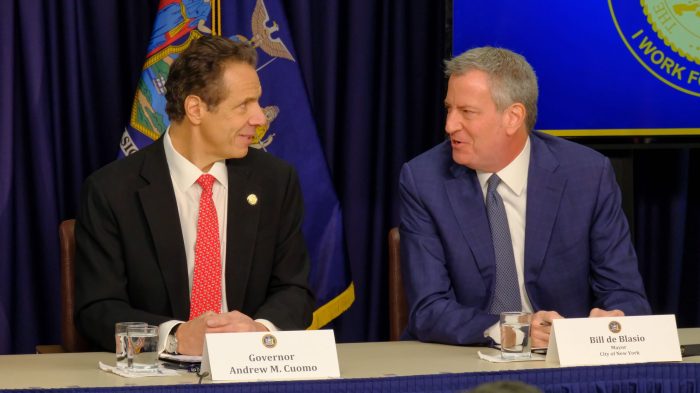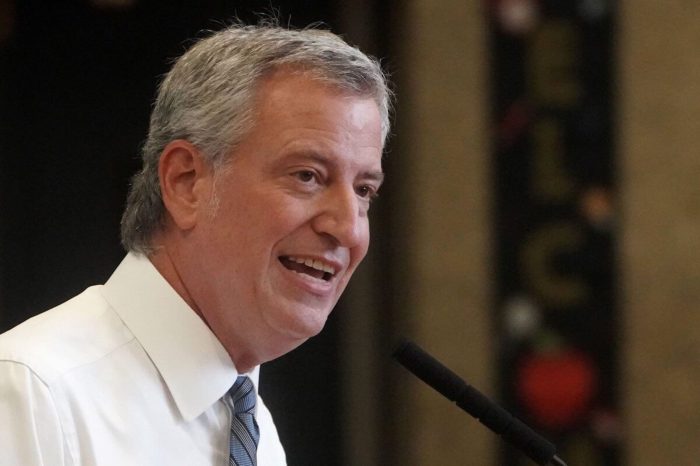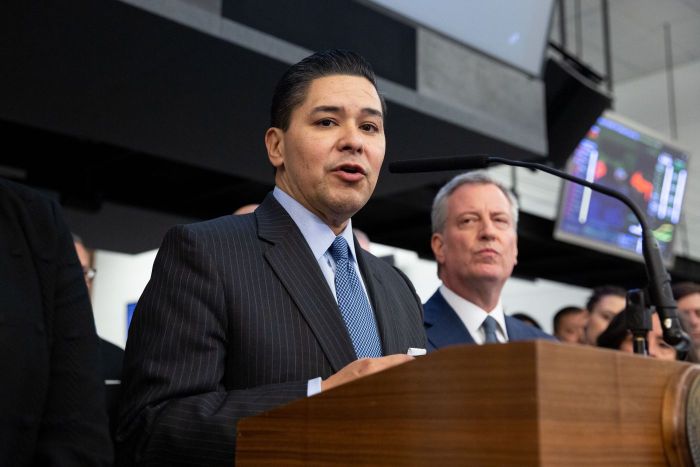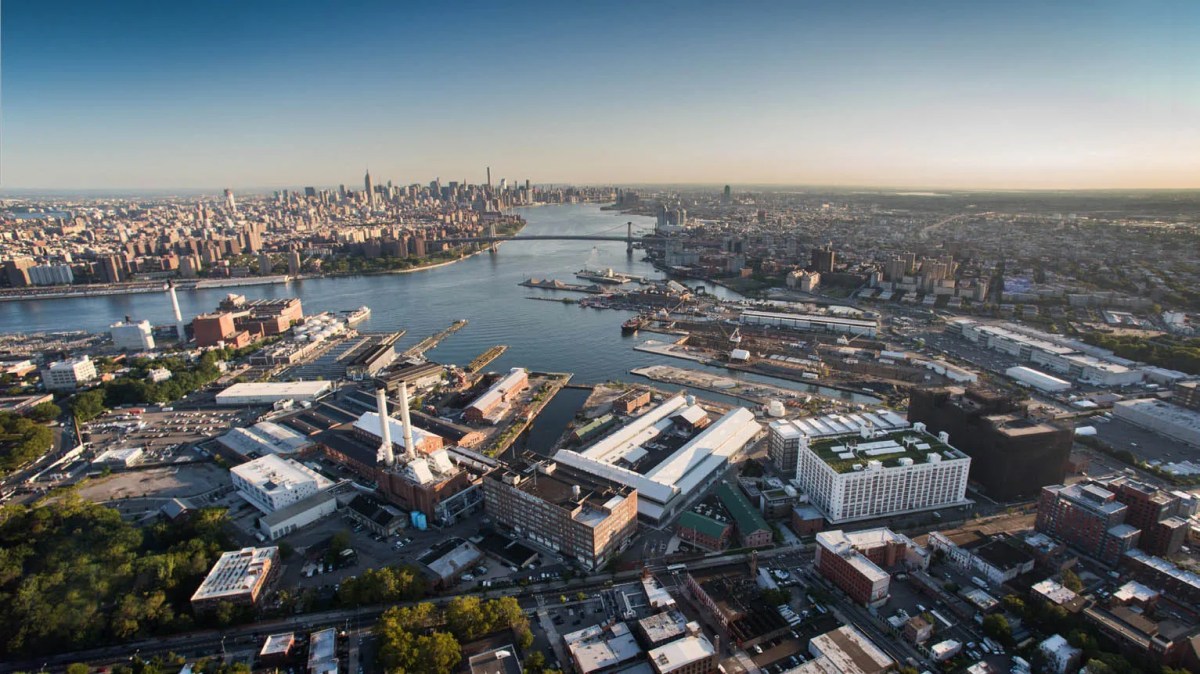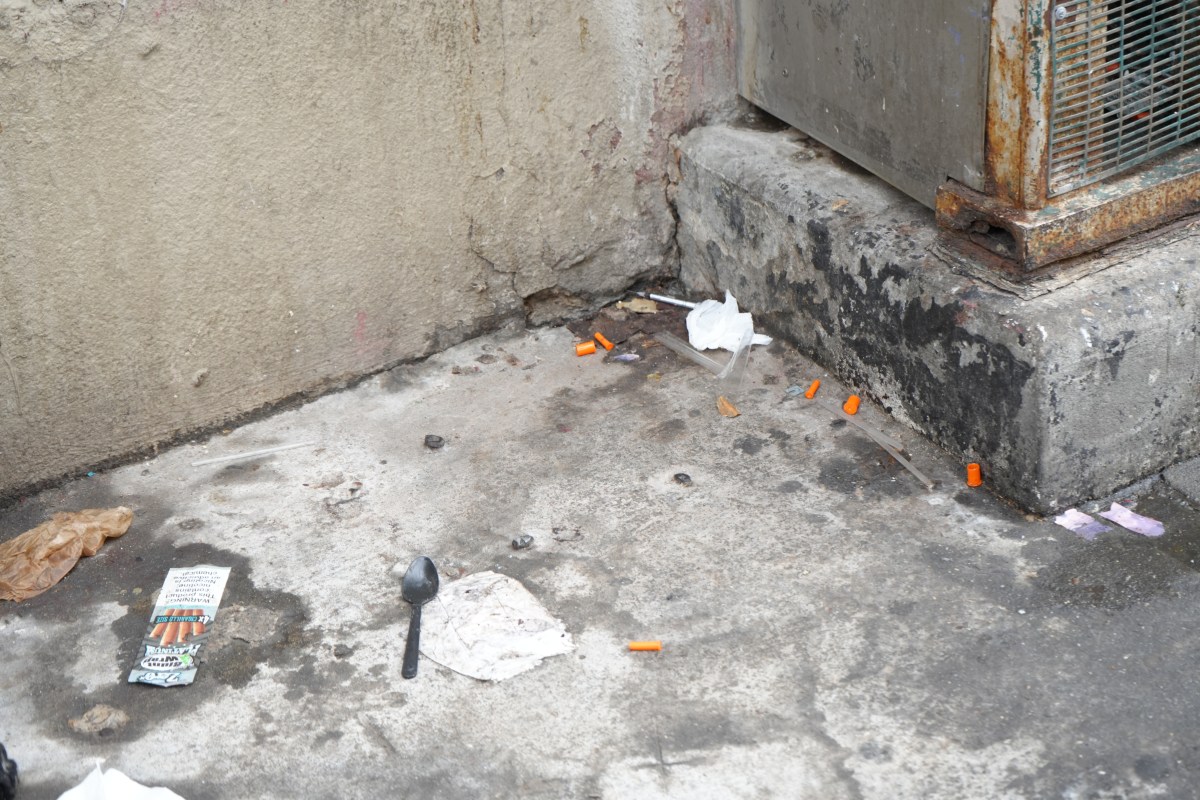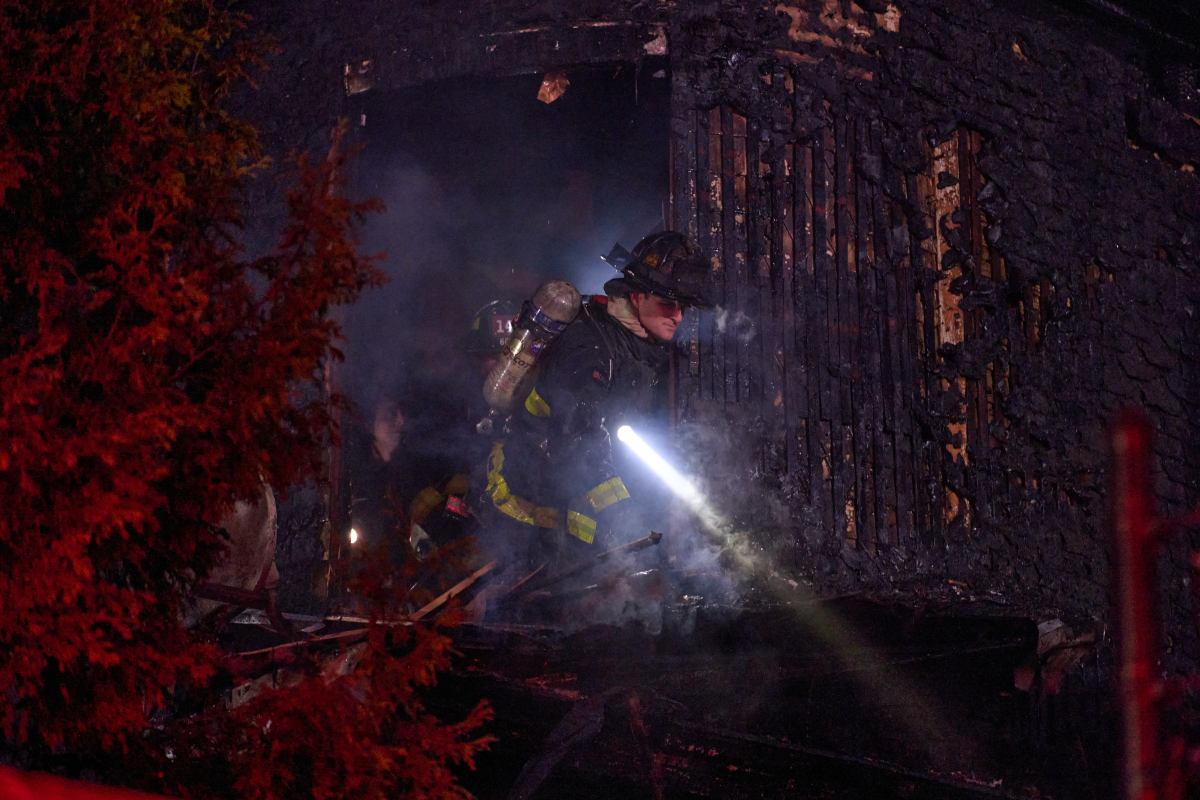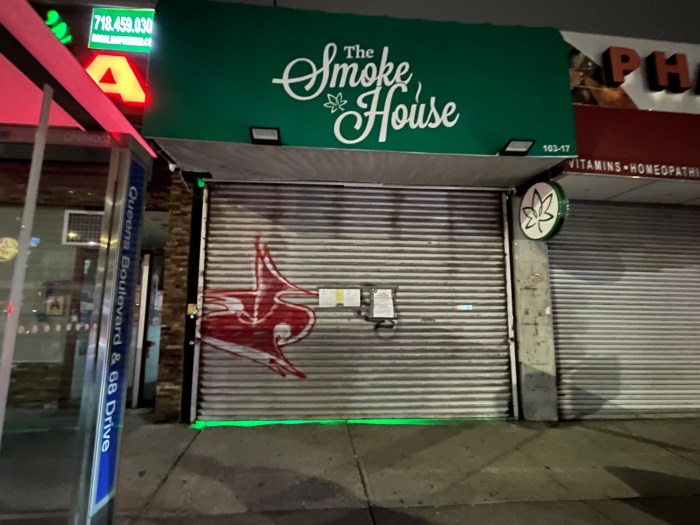Mayor Bill de Blasio revealed a preliminary budget for New York City of $92.8 billion for fiscal year 2022 earlier this week in response to the impact of the novel coronavirus pandemic.
The mayor updated New York City residents on the financial toll COVID-19 has taken stating that the crisis has caused a $10.5 billion budget gap from 2020 to 2022, $1.5 billion more than what he said the city would lose in revenue over that same time frame last year.
The bulk of that increase comes from $2.5 billion lost in property tax revenue, de Blasio said, explaining that the value of New York City real estate dropped by 15% last year as a result of the COVID-19 pandemic.
After one of the most challenging years in New York City history, de Blasio expressed optimism that the city will receive additional federal funding breaking news that Senator Chuck Schumer reached a deal with the incoming Biden administration that FEMA reimbursements due to the state of New York will be paid in full.
New York City has had to cover 25% of all FEMA eligible expenses during the novel coronavirus pandemic with FEMA paying for 75% of all other expenses accrued by the city. The city will gain about $1 billion after it is reimbursed for its FEMA expenses retroactively from the start of the pandemic, de Blasio said.
As a result, the city is canceling $150 million worth of planned cuts to Fair Student Funding in fiscal year 2022, which begins July first of this year, and its delay of expanding its 3K for All program which would cost $44 million.
De Blasio stressed that the primary goal of the upcoming budget will be leading the city to a pandemic recovery by focus “on people, the disparity presented by COVID and constantly focusing on what’s it going to take to get those jobs back.” Unemployment in the city reached 20% at the height of the pandemic last year and has stayed at higher than normal levels throughout the city’s reopening. At the moment, unemployment is hovering at around 12% with half a million New York City residents currently without work.
Like always, the city outlined a series of investment pledges in the preliminary budget. For fiscal year 2022, de Blasio said the city plans bring summer youth employment back to where it was before the pandemic hit by investing $132 million in the program in order to fill 77,000 slots. In addition, the city wants to spend $35 million on helping public school students recover from the trauma of the pandemic regardless if they are taking classes remotely or in-person.
The city also plans on spending an extra $3 million next fiscal year to continue expanding WiFi access to city homeless shelters, a city effort that repeatedly came under scrutiny last year after reports that many public school students living in shelters were unable to attend remote classes due to a lack of internet access or functioning devices.
During the preliminary budget presentation, de Blasio briefly outlined how the city hopes to help close the COVID-19 gap. De Blasio said the city has already been able to save about $1.3 billion after asking all city agencies to aggressively search for savings within their departments.
Now, the city will ask agencies to follow a strict 3-to-1 attrition rule in order to help squeeze out more savings by reducing headcounts. “Our workforce is beginning to shrink and we have been clear if an agency needs to hire for a line they still can do it, they just need to give up three lines,” de Blasio said. Exceptions are being made though in some areas such as the health care field, he added.



